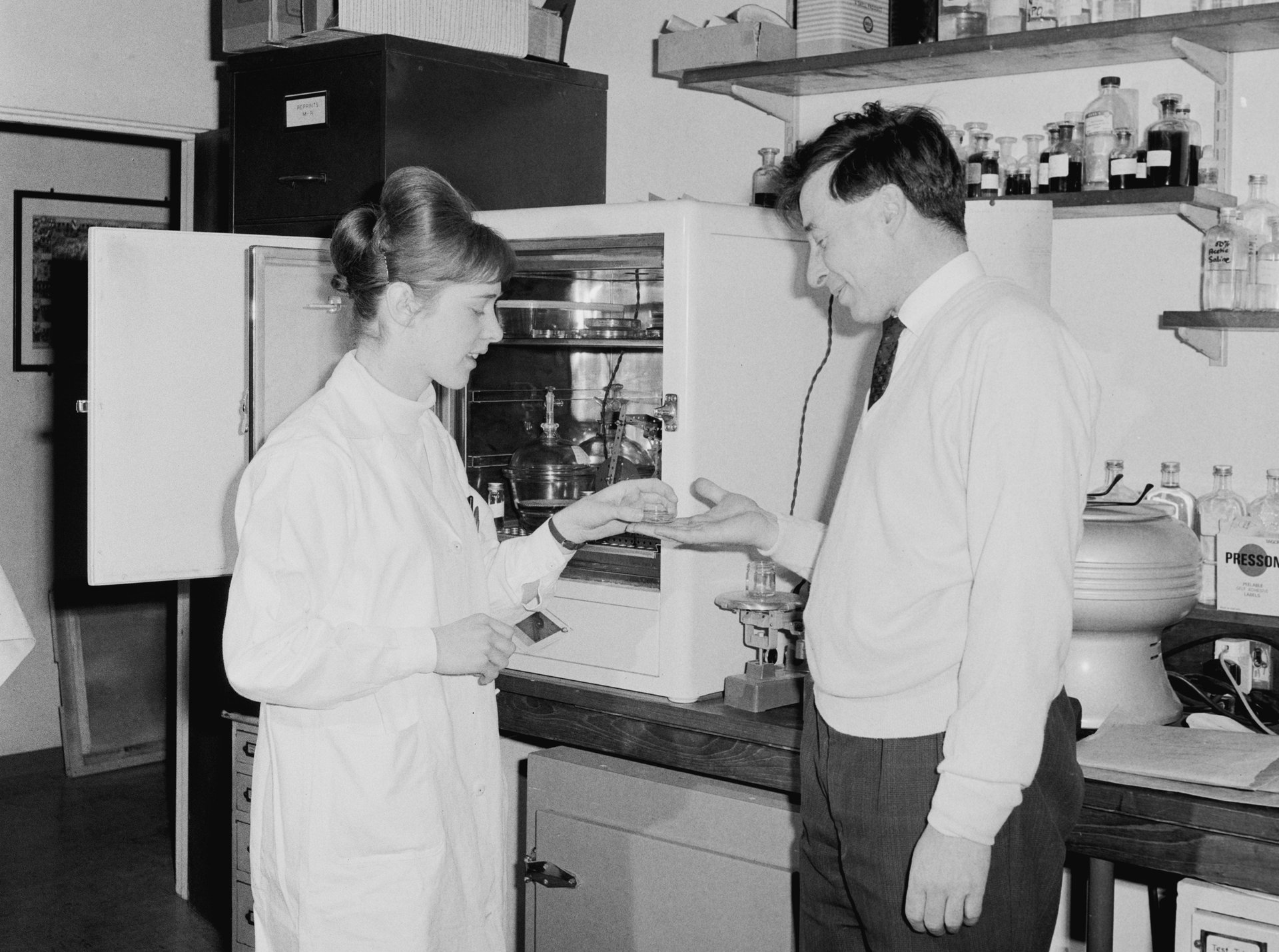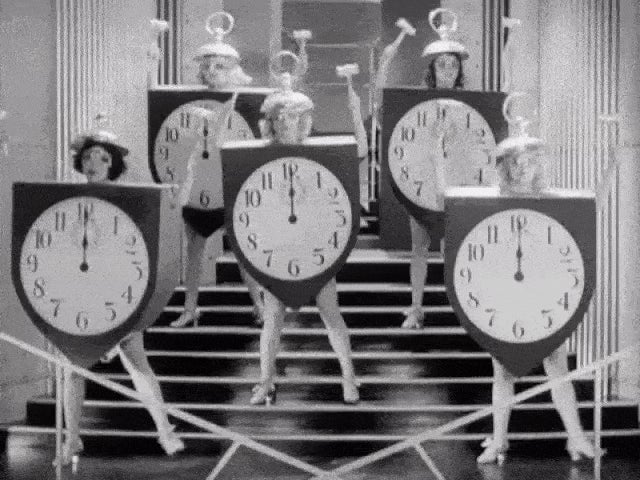Quartzy: the oh baby edition
Happy Friday!

Happy Friday!
Quartz health reporter Katherine Ellen Foley—or just Foley, as she’s affectionately known to her colleagues—is clearly going to have her hands full for the foreseeable future covering Covid-19. But for the last several weeks she has been reporting a series of articles elucidating how fertility has become a multibillion industry, and how to be smart about negotiating its myriad methods, technologies, and costs. Life finds a way, and that’s what we’re talking about here today.

There are many paths to becoming a parent. Now in my late 30s, I’ve observed with interest how many people navigate them, from the rare badasses who publicly discuss their decisions to forgo procreation—Ephrat Livni and Oprah Winfrey among them—to those who endure punishing procedures, injections, medical bills, and heartbreak to make it happen, hopefully.
Today, we’ll share some of the highlights from Foley’s guide to the wide field of fertility. Should you want to dive deeper, this field guide of six stories is available to Quartz members, along with lots of other exclusive stories, guides, and videos to make you smarter in 2020. Come for three simple ways to lower the cost of fertility care, stay for the story of Trystan Reese, a trans man who knew he was meant to be a biological parent immediately after his adopted daughter pooped all over him. Use the code QZFLASHSALE for 40% off an annual membership.
And, heeeere’s Foley!

Jenni: What surprised you about this topic?
Foley: I’m not at a point in my life where I want to have kids, and I think what was most surprising was that purely objective, unbiased information is actually really hard to find. I just can’t imagine having to navigate this information in a heightened emotional state.
There’s RESOLVE (the National Infertility Association), the Society for Assisted Reproductive Technology, and the American Society for Reproductive Medicine, which to various degrees provide information for prospective parents. But other than those big societies, it’s either really technical stuff—like papers from embryologists—or stuff that clinics put out, but the clinics are trying to get you to come to them. FertilityIQ is good too, but, again, they’re trying to get you to buy their courses.
And because clinics are trying to sell you services, it’s like: “There are all these things you can do if you absolutely want to be a parent. But if you decide you don’t want to go further, then I guess you don’t want to be a parent.” Nobody is there to say: “It’s okay when you want to stop.”

JA: Can we talk about the women’s health startup Kindbody? I happened upon one of their storefronts on Fifth Avenue in New York. It looks like The Wing, but yellow—very Instagram-friendly.
KF: The main thing they’re known for is egg-freezing, and they view it as a way to achieve parity in boardrooms. The CEO talked to me about how our most [professionally] productive years are between your late 20s and early 30s, so if you can delay having kids then, you’re going to get more women in leadership positions in the workforce. It targets millennial women who don’t want to stop working to have a family right now.
JA: That was one promise of the pill too.
KF: Yes, it’s definitely the book-end to contraception.
JA: And not unrelated to it! I still think about this Vanessa Grigoriadias story from 10 years ago, “Waking Up from the Pill.” She wrote that even though the pill was a win overall, it came with unintended consequences of women putting off kids for a decade and then discovering, ‘Oh shit, it’s not that easy now.’ What advice would you give to a friend going through that now?
KF: Keep really good data. Collect all the data you possibly can on yourself before you go to the doctor: with your menstrual cycles, the severity of it, any non-cyclical pain, spotting, exactly how long you’ve been trying, etc. I would also point them to our story outlining the different paths to parenthood and their costs. Just because IVF has the best success rate does not mean it’s easy. There’s a reason why it’s the last resort. It’s really expensive, and frankly not that pleasant to go through. And neither is freezing your eggs. It sounds like it’s pretty miserable.
300 – 400: The number of eggs adult ovaries will ovulate in a person’s lifetime.
Unsung IVF hero: Jean Purdy. Lots of people are familiar with Louise Brown, the world’s first baby born from in vitro fertilization. But far fewer have heard of Jean Purdy—the female nurse and world’s first embryologist who tended to the embryo in the lab that would eventually be implanted into Lesley Brown’s uterus and one day become Brown’s daughter Louise.

The names of Purdy’s fellow scientists Robert Edwards and Patrick Steptoe are far better known, but as Edwards wrote in 1981: “I regard her as an equal contributor to Patrick Steptoe and myself.” The more you know!
Fertility can be a lonely topic any time, let alone when an unprecedented health crisis has consumed all of our attention. For friends going through this, it might be even tougher than usual to decide how best to proceed. But as we all try to navigate our way to a new normal, life will—somehow—go on.
Have a great weekend!
[quartzy-signature]


Look up. Yes, that’s right, just look up at the ceiling or sky, and breathe deeply for a long couple of breaths. Phoebe Gavin, an editorial director here at Quartz, shared that tip with us at the end of a remote meeting this week. It’s not just a great antidote to an abundance of screen-time, she told us, it also helps to align the respiratory system. Also, who knows, you might notice a rainbow (we did) or a tufted titmouse, or just an interesting texture to your ceiling you never appreciated before. Try it out—fun for the whole family!
